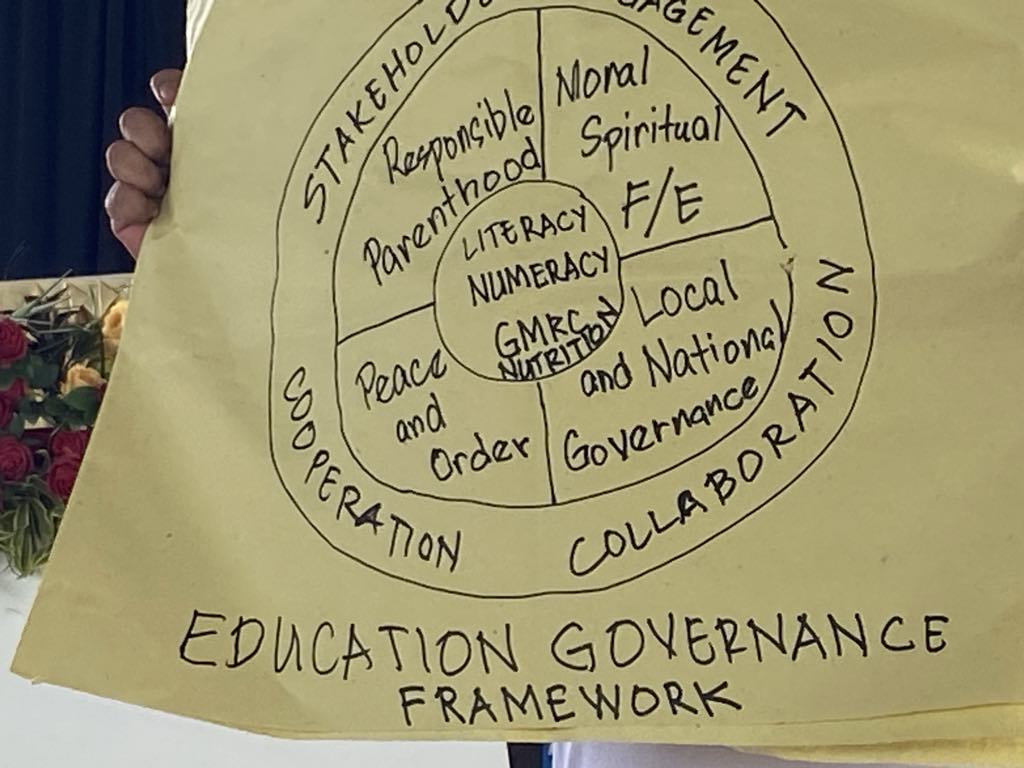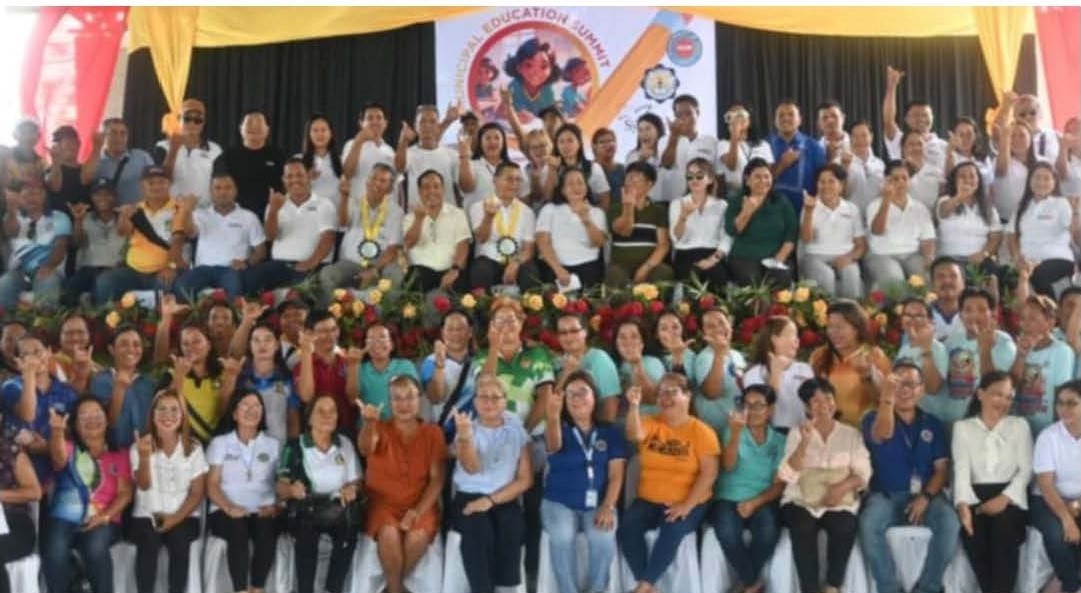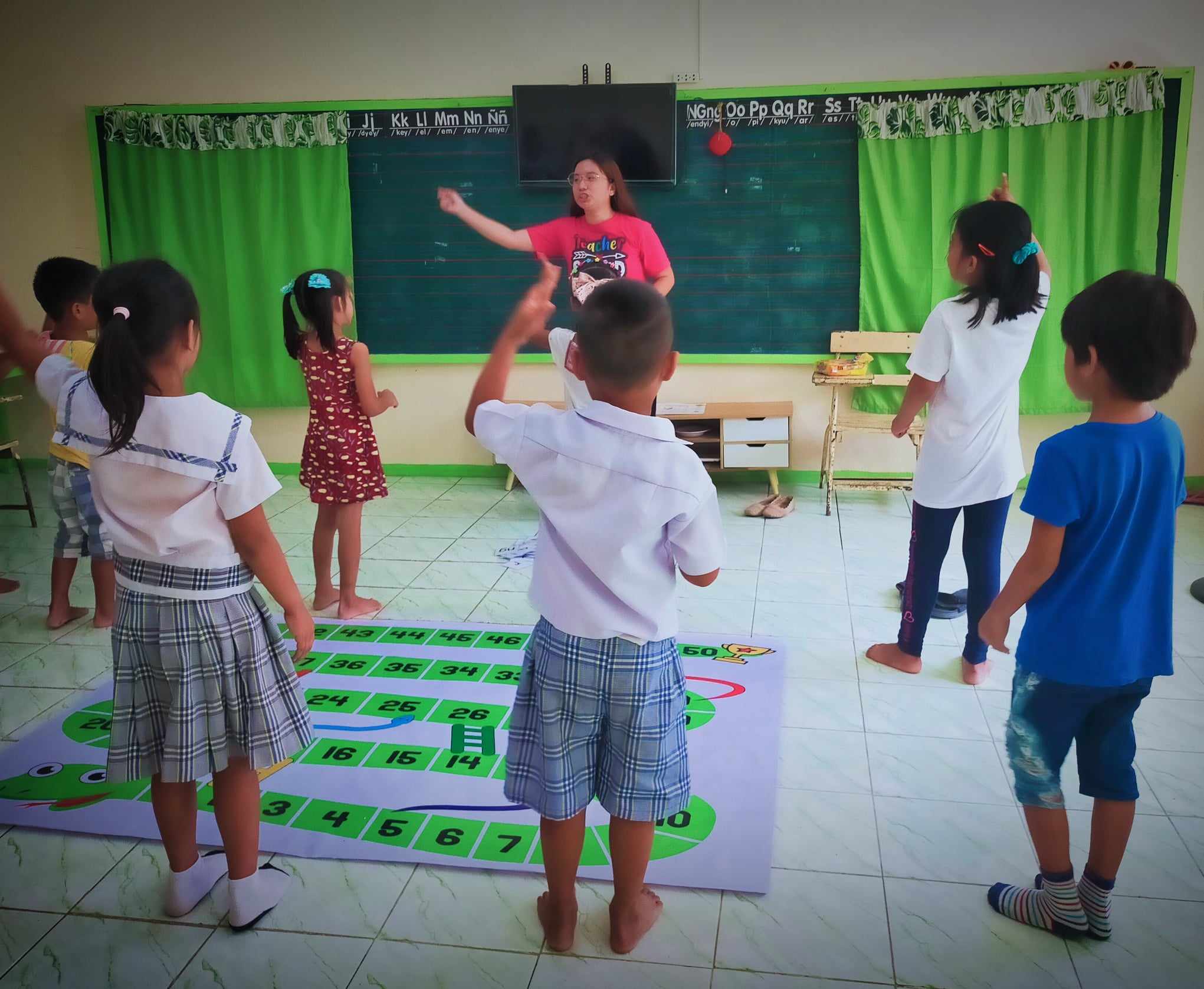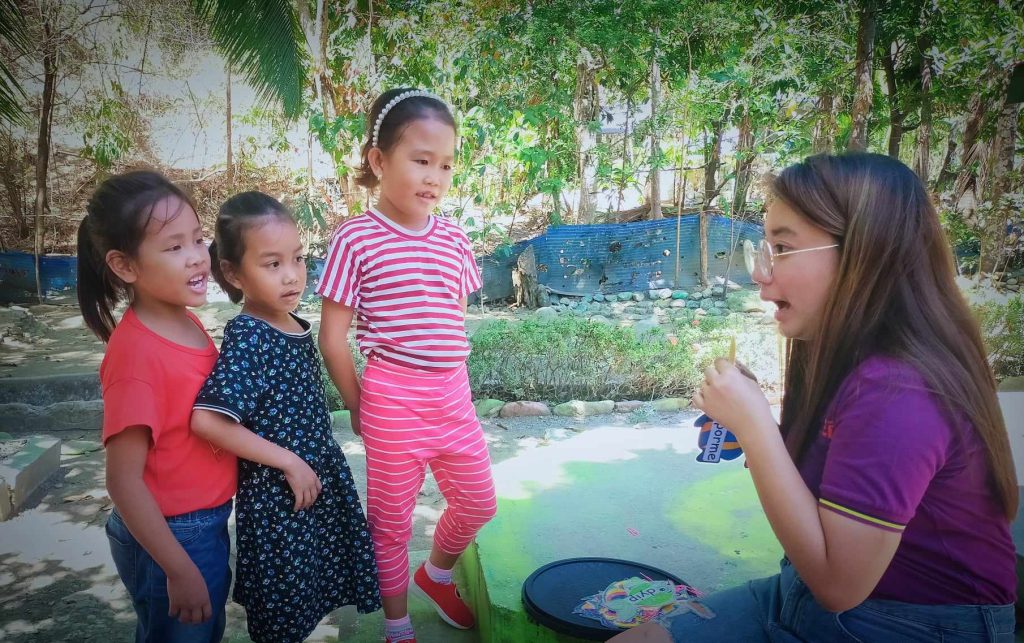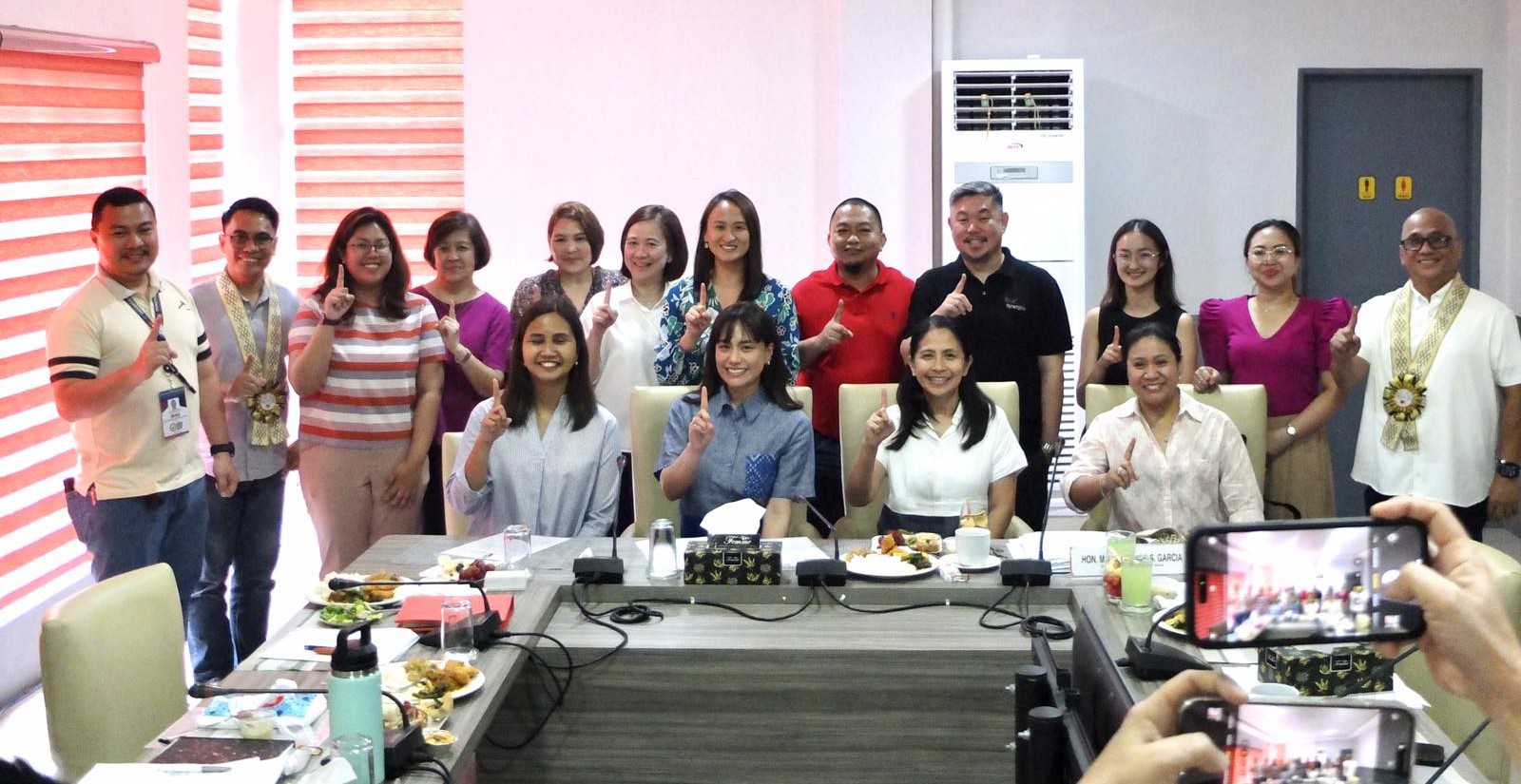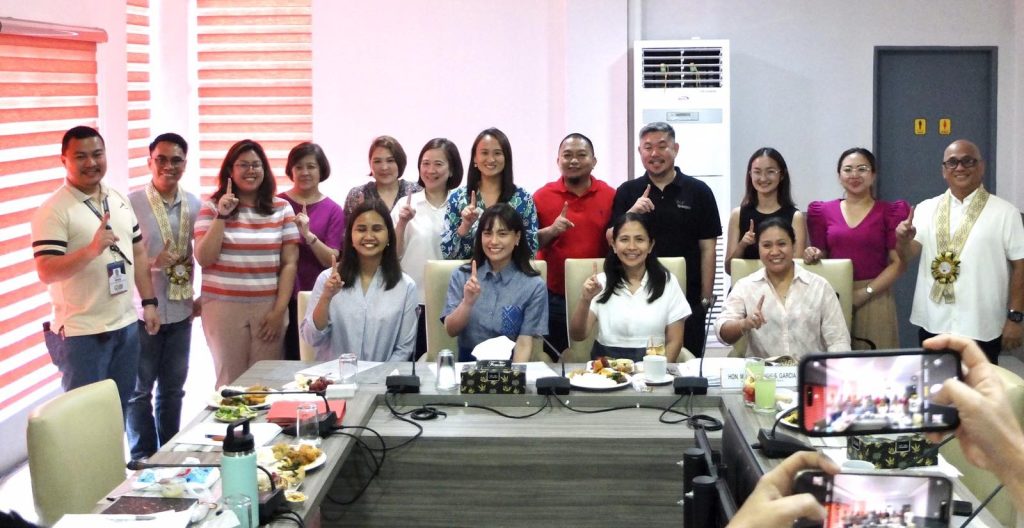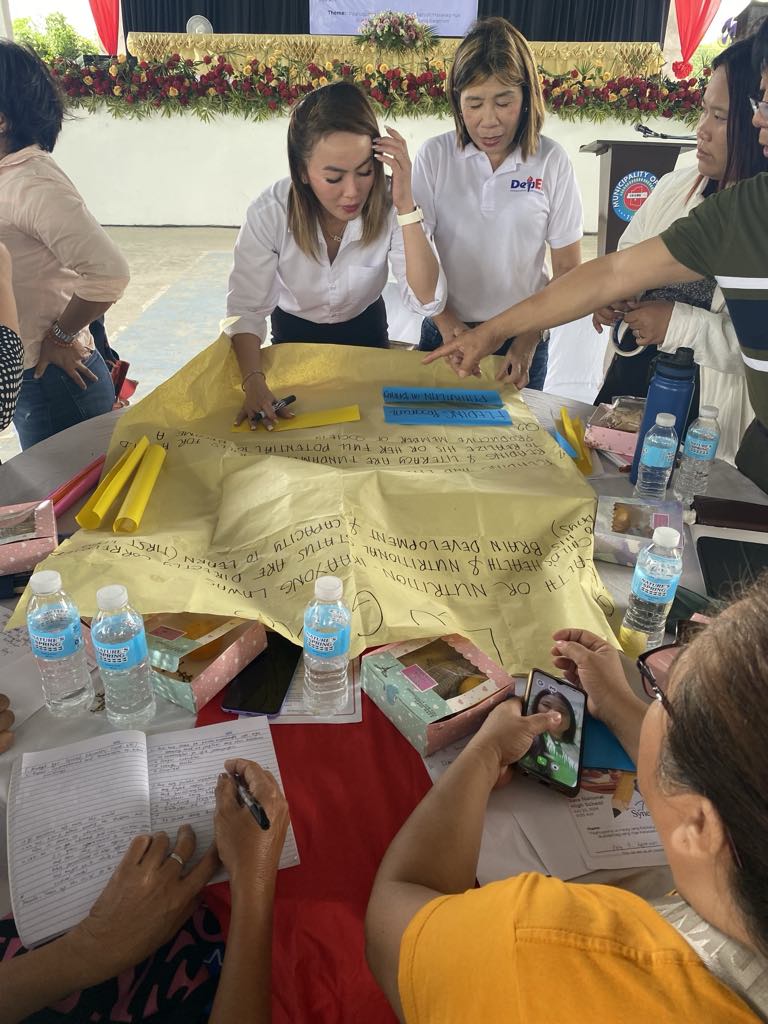
Once a battle-hardened warrior on the battlefields, retired general and now Mayor Jon Aying’s transition as a civilian leader has been remarkable. As 200 people from different walks of life trooped to Sara National High School gymnasium to attend the municipal education summit, Mayor Aying stood tall as he delivered his Education Address to his constituents. He reviewed the schools’ performance indicators, explaining what the figures meant. Starting from enrollment figures for the past three years in elementary and high school, he explained and gave comments for his constituents to clearly understand what those pie and bar charts mean in every performance indicator flashed on the LED board. When he came across the reading proficiency and numeracy indicators, he correlated them to the dismal performance of our school children, who lagged, as shown in the PISA results with the rest of the countries of the world. He also highlighted the nutritional status of the schoolchildren. His message is to develop strategic maneuvers to teach the kids competency in every ladder of their education journey. He told his constituents how the local government spend its Special Education Fund where they matter most: payment for additional teachers, infrastructure upgrades, and community engagements. He ended his message with his favorite African proverb, “It takes a village to educate a child.” He wanted the children of Sara to remember his administration, not for the battles won but for the futures secured.
In the workshop that followed, the participants coming from the PTAs, SGCs, Barangay Captains and the Kagawads in charge of education, LGU officials, Members of the Sanggunian, the religious sector and the CSOs were unanimous in their answers.
For them, the most essential learning areas we need to improve are:
- literacy and numeracy,
- good manners and right conduct, and
- nutrition.
Among the members of the PTA and the SGC, they push for the active involvement of parents in reading, numeracy and nutrition. A group of parents shared that they have been doing rounds of bible studies in schools to teach the kids the correct attitudes and values. Admittedly, school heads observed a decline in the enthusiasm of school children to learn because of the influence of gadgets. The heads of offices and the sanggunian members were passionate about pushing for the improvement of the health condition of the school children by actively supporting programs on health and nutrition by the local government. They commit to legislating local initiatives to improve children’s nutritional status in the first 1000 days. The barangay captain and their kagawads quickly added that every barangay and school should have their community and garden to provide vegetables for the school feeding program.
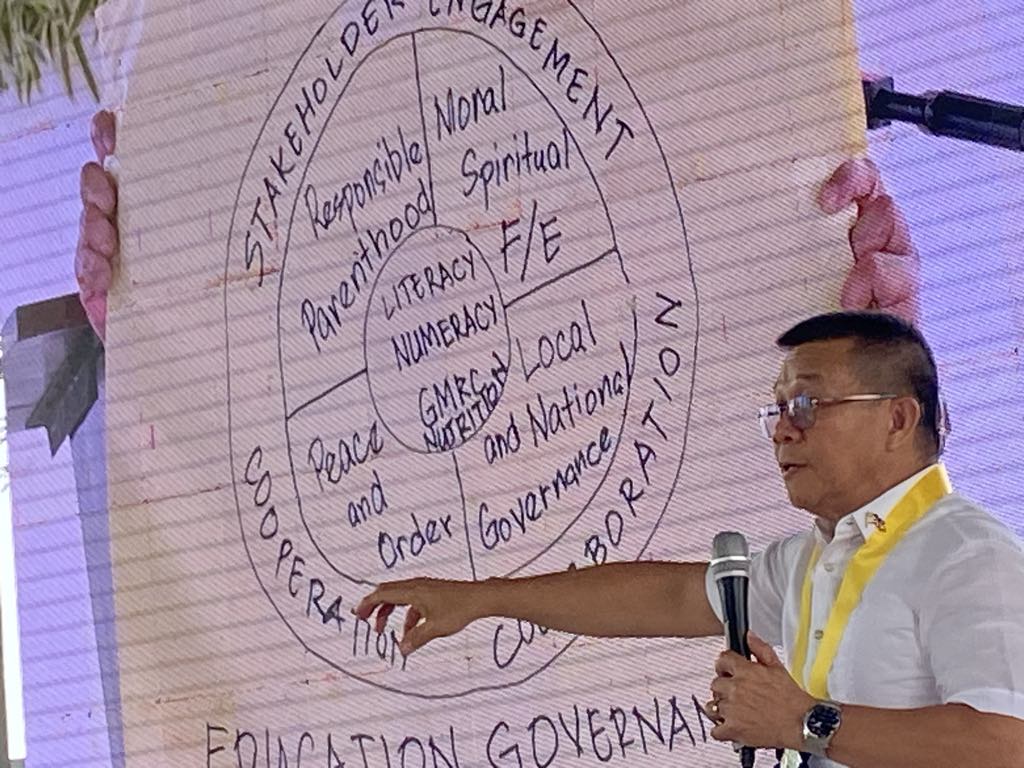
After attentively listening to the workshop reports, Mayor Aying presented his synthesis in a Manila paper he illustrated called the Education Governance Framework. Real-time feedback based on the answers to the workshop questions showed that the various sectors in the Municipality of Sara were pushing for improving literacy and numeracy among the school children to address the continuous decline of the state of Philippine education. Corollary to that is the concern and observation of everyone that today’s schoolchildren hardly say sorry, excuse me, and thank you, to the dismay of everyone. Aside from their nutritional status, it also affects children’s memory, attention, and cognitive abilities. Mayor Aying pointed out that the identified problems are offshoots of the environment surrounding the child, which is the school he goes to, his family including its moral and spiritual orientation, the system of governance both at the local and national levels, and the kind of peace and order situation where he lives. His marching order for everyone is for all stakeholders to cooperate and collaborate towards ensuring a better future for every Saranhon.
